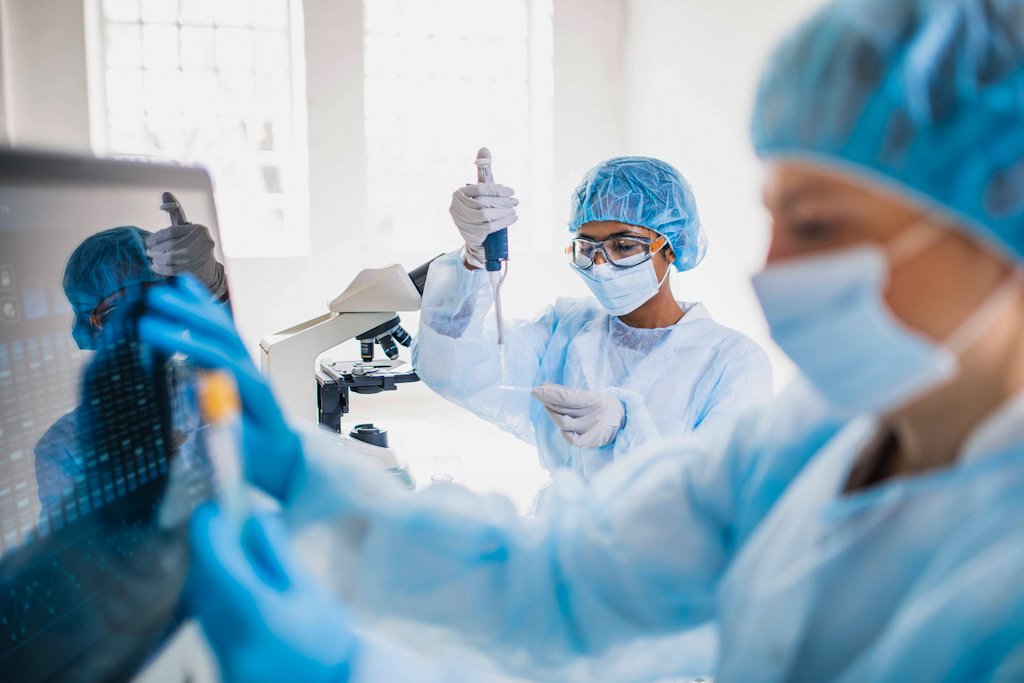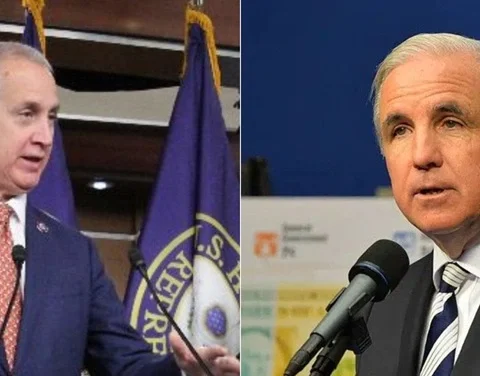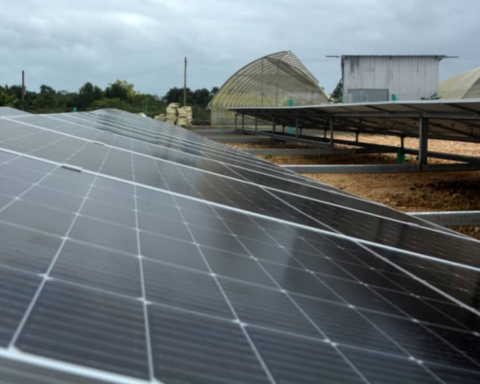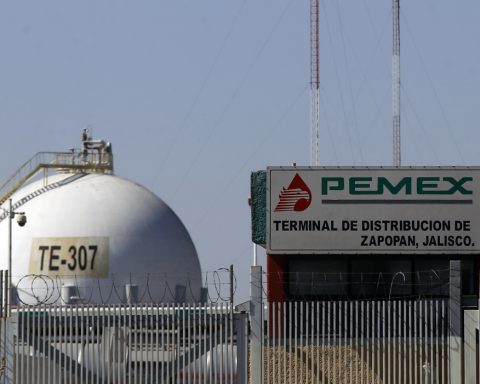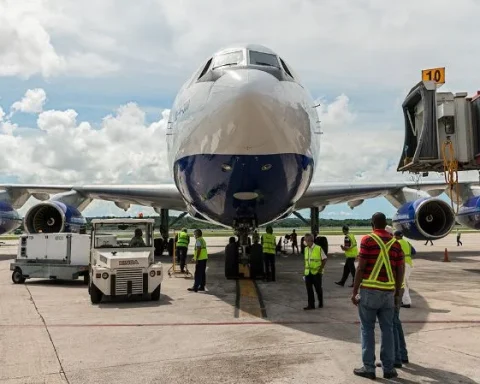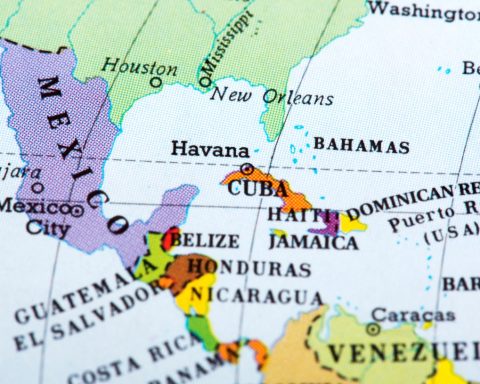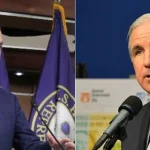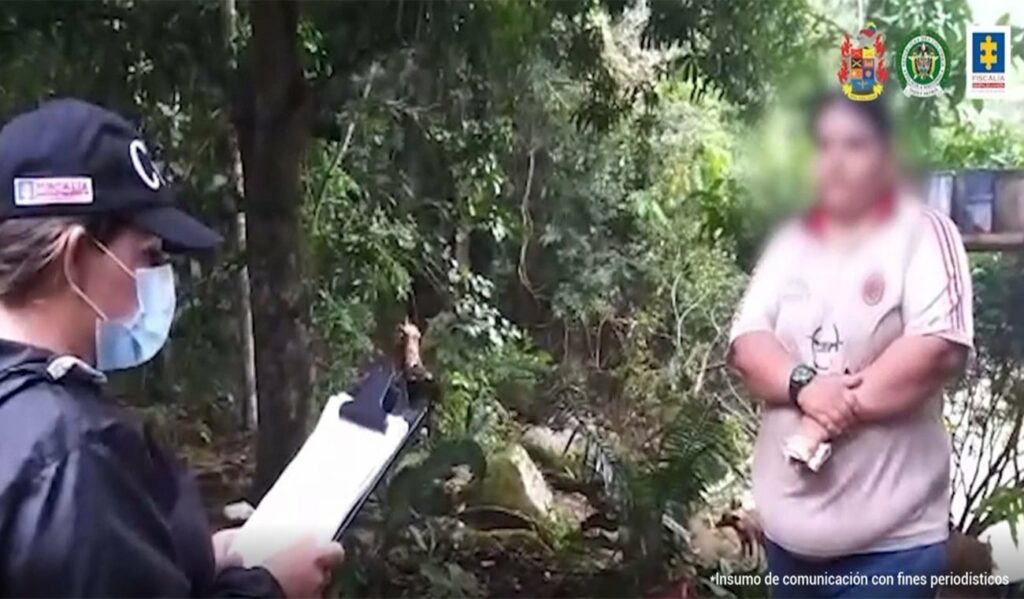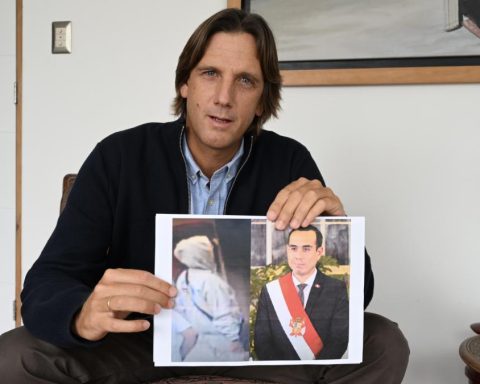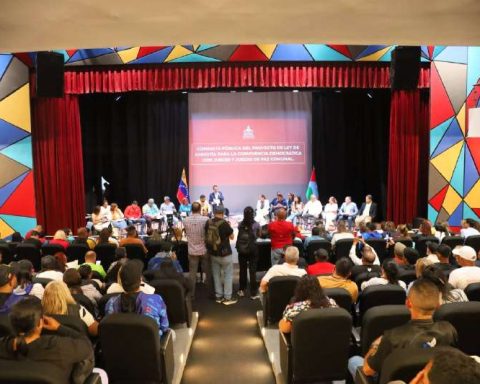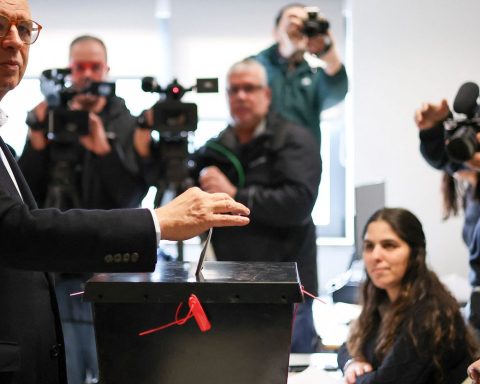An international delegation of scientists headed by experts from the United States published a report on Monday that calls for reducing barriers to increase collaboration with the Cuban biotech industry.
According to the text quoted in a report by the agency Eph11 experts visited the Island last June, constituting the first delegation led by North American scientists in five years, to understand the development of Cuban vaccines against COVID-19.
Group of Experts, led by scientists from #USAexplored in #Cuba the development and use of vaccines against #COVID19. According to @ReviewMedicchighlighted:
Skills to immunize more than 90% of the population against the disease with their own safe and effective vaccines pic.twitter.com/5luBVQ1m6Y— Finlay Vaccine Institute (@FinlayInstituto) November 1, 2022
“Cuba can be an important actor to increase global access to medical advances that save lives. And while the policy is complex, we must address the barriers that prevent contribution,” said Michael Osterholm, director of the Center for Infectious Disease Research and Policy at the University of Minnesota, quoted in the report.
The documententitled COVID-19 Vaccine Enterprise: Report from a High-Level Fact-Finding Delegation to Cuba (Covid-19 vaccine initiative: report of a high-level research delegation in Cuba), was released within the framework of the annual meeting of the American Society of Tropical Medicine and Hygiene (ASTMH).
The experts pointed out that “Cuba has gradually developed a global network of associations in biotechnology”, despite the restrictions imposed by the United States sanctions.
The delegation was organized by the Medical Education Cooperation With Cuba (MECC), an American NGO that promotes collaboration with the island in the field of medicine and research.
Recently a panel of international experts, headed by scientists from the United States, explored in Cuba the development and use of our vaccines against #COVID19.
I did it for #Cubathey considered, should serve as a model to face global emergencies in other places. pic.twitter.com/SJTlKfOyi7– José Angel Portal Miranda (@japortalmiranda) November 1, 2022
“The pandemic that we are still facing today has been significantly prolonged (…) due to the alarming inequities in access to vaccines (…) Cuba alone cannot close this gap, but it can make a much greater contribution,” said Rabadán- Diehl, one of the two scientists who led the mission, cited in the report.
More than 90% of the vaccinable population on the Island -including those between 2 and 18 years old- has the complete scheme of one of the three nationally produced biologicals: Abdala, Soberana 02 and Soberana Plus.
The island’s authorities sent Abdala’s documentation at the beginning of the year to have the approval of the WHO. Eduardo Martínez, director of the BioCubaFarma group, manufacturer of Abdala, acknowledged in April the existence of a “small delay” in the process to achieve approval, according to the Spanish agency.
US congressmen ask President Biden to facilitate the distribution of Cuban vaccines against COVID-19
The experts urged their Cuban counterparts “to move faster to secure peer-reviewed journal publication of their clinical trial results,” even though they “understood that Cuban scientists were working under challenging circumstances.”
They also noted that “our delegation and our Cuban colleagues benefited from an open and transparent scientific exchange, a prerequisite for the bilateral and multilateral collaboration that we urgently need today to effectively prevent and manage global health emergencies.”
Efe/OnCuba.
